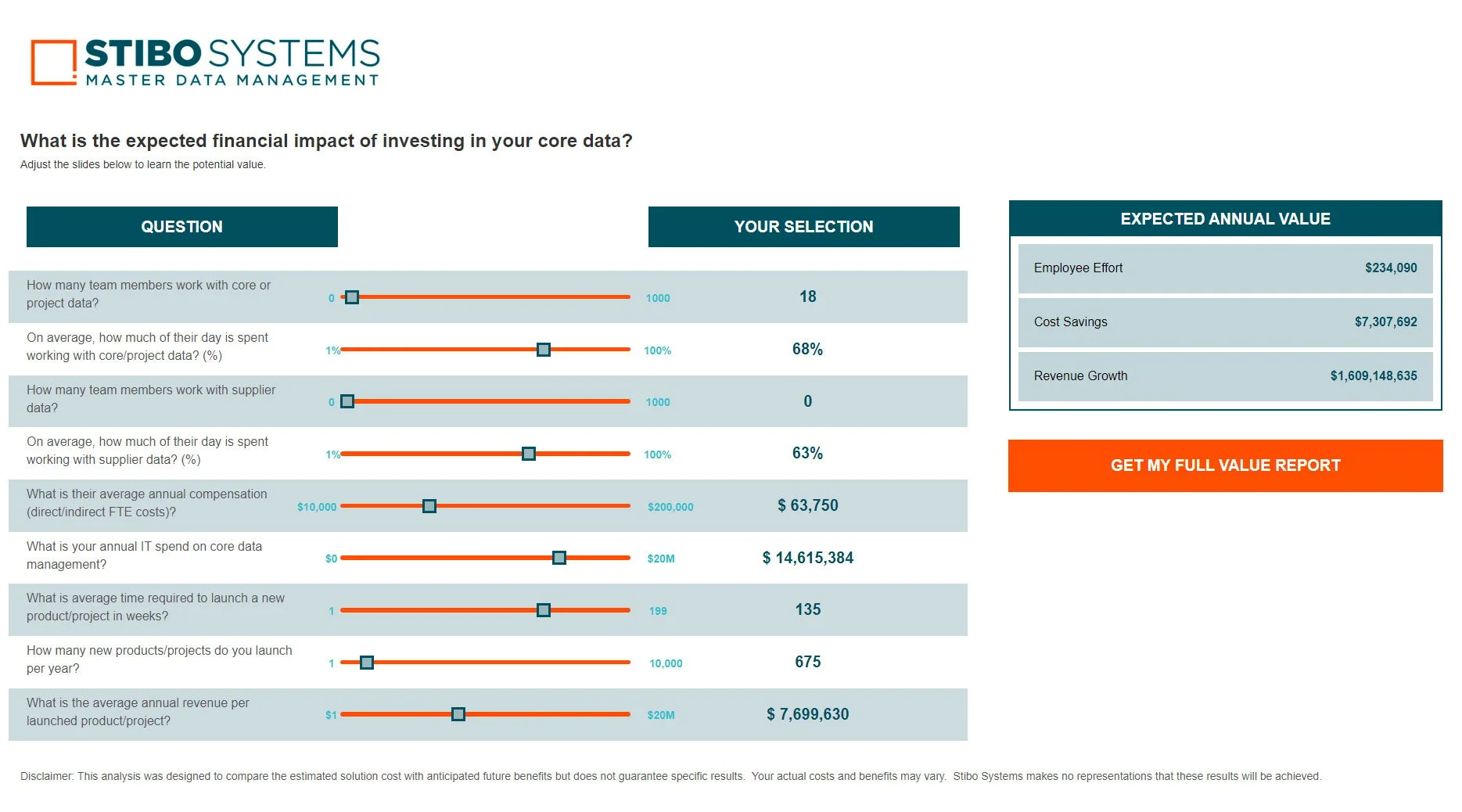Uncovering the differences: master data vs. metadata
This blog post discusses:
- The difference between master data and metadata
- The difference between master data management and metadata management
- How metadata relate to master data management

What is the difference between master data and metadata?
Master data and metadata are both types of data, but they serve different purposes and have different characteristics.
Master data refers to the critical data that is core to an organization's operations. This data is usually shared across multiple systems and applications and is used to support key business processes. Examples of master data include customer data, product data and supplier data. Master data is usually structured and it is often used as a reference or lookup data.
Metadata, on the other hand, is data that provides information about other data. It describes the characteristics, structure and context of the data. Examples of metadata include data dictionaries, data models and data lineage. Metadata is often used to improve data quality, manage data lineage and provide context for the data.
In summary, master data is the critical data that is core to the operation of an organization, whereas metadata is the data that provides information about other data.
What is the difference between master data management and metadata management?
Master data management and metadata management are two distinct but related data management practices.
Master data management is the process of creating and maintaining a single, accurate and consistent view of critical business data across an organization. Master data management systems are used to acquire, profile, cleanse, manage, share and protect master data, which includes customer, product, supplier and other types of data that are critical to the operation of the business.
Metadata management is the process of managing, organizing and governing metadata, which is data that describes other data. Metadata management systems are used to manage, organize and govern metadata, which can include data dictionaries, data models, data lineage and other forms of metadata that describe the data and its context.
In summary, master data management is focused on the management, governance and quality of the actual data, whereas metadata management is focused on the management, governance and organization of the data's context, lineage and description.
How to Develop Clear Data Governance Policies and Processes
For a Successful Master Data Management ImplementationGet the Executive Brief
How does metadata relate to master data management?
Metadata is closely related to master data management in four ways:
-
Data governance: Master data management systems are used to manage and govern master data, and metadata is used to provide information about the data governance policies and procedures that are in place. This metadata can include data dictionaries, data models, data lineage and other forms of metadata that describe the data and its context.
-
Data quality: Master data management systems are used to improve data quality and metadata can be used to provide information about the data quality rules, checks and validations that are in place. This metadata can be used to track data quality issues, monitor data quality over time and ensure that data quality standards are met.
-
Data integration: Master data management systems are used to integrate master data from multiple systems and applications and metadata can be used to provide information about the data integration process. This metadata can include information about data mapping, data transformation, data quality and other aspects of data integration.
-
Data security: Master data management systems are used to ensure the security and privacy of master data, and metadata can be used to provide information about the data security policies and procedures that are in place. This metadata can include information about data encryption, data access controls, data auditing and other forms of data security.
Overall, metadata is an essential component of master data management as it provides critical information about the data and its management. This information can be used to improve data quality, data governance, data integration and data security, helping organizations to achieve a single, accurate and consistent view of their master data.
Book a free demo by our experts or estimate the ROI of your next demand management project »







